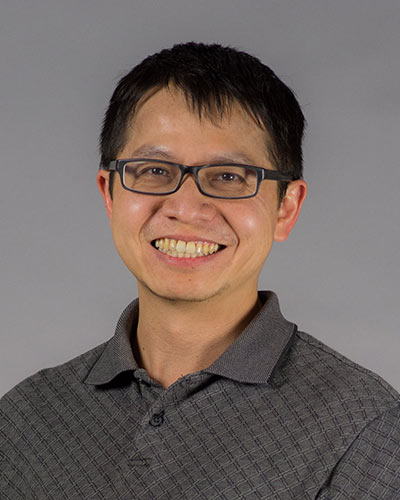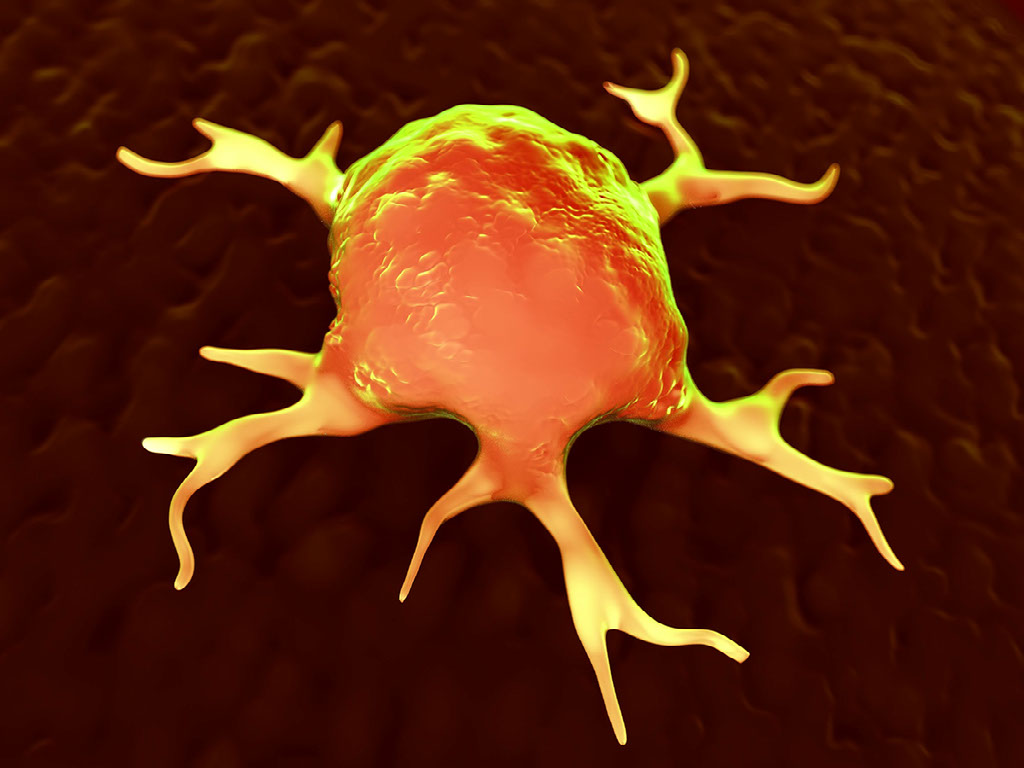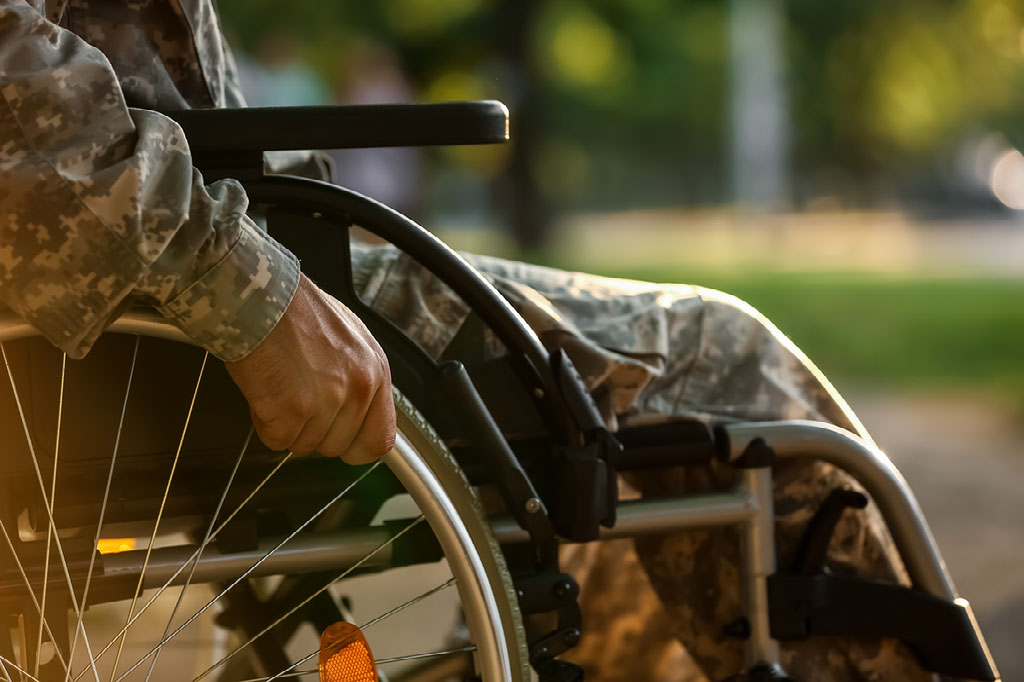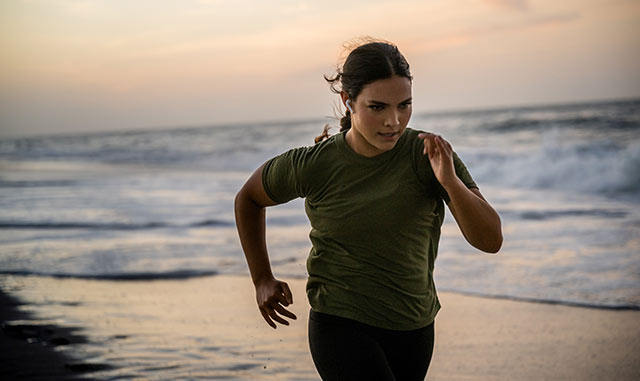Immune Fitness Lab employs an integrative approach spanning from cellular, tissue, and organ levels up to the human scale to investigate immune function and its impact on human performance. Immune Fitness refers to the overall health and functionality of the immune system, which can decline with age and be affected by infections, injuries, and chronic diseases. Key components of Immune Fitness include:
Immune Strength: The effectiveness of immune cells in recognizing and responding to pathogens, foreign substances, and cell debris. This involves processes like phagocytosis, migration, and cytokine production.
Metabolic Flexibility: Immune cells' ability to adjust their metabolic pathways to meet energy demands under different physiological conditions. This includes shifts from aerobic to anaerobic metabolism.
Immune Composition: The types and specific makeup of immune cells present in different biological samples, influencing defense against oxidative and metabolic stress.

 Research Approaches
Research Approaches
Expertise: My expertise lies in understanding the molecular mechanisms of innate immunity and inflammation. I have extensive experience in researching the resolution of inflammation, cell metabolism, and programmed cell death.
Methodologies: My research involves several injury models related to inflammation, such as sciatic nerve injury, spinal cord injury, acute lung injury, and sepsis. I am studying various immune cell types, including alveolar macrophages, microglia, peritoneal macrophages, and bone marrow-derived macrophages (BMDM) from mice, as well as human peripheral blood mononuclear cells (PBMC).
Technologies: My research incorporates a range of technologies, including genetic screens, RNA–Seq, proteomics, lipidomics, and transgenic mice.
Selected Publications
- Hsu CG, Li WJ, Chavez CL, Zhang C, Sowden M, Berk BC. Pnpt1 mediates NLRP3 inflammasome activation by MAVS and metabolic reprogramming in macrophages. Cellular & Molecular Immunology (IF: 24.1) 2023, 20(2):131-142.
- Hsu CG, Chavez CL, Zhang C, Sowden M, Yan C, Berk BC. The lipid peroxidation product 4-hydroxynonenal inhibits NLRP3 inflammasome activation and macrophage pyroptosis. Cell Death & Differentiation (IF: 13.3) 2022, 29(9), 1790-1803.
- Hsu CG, Fazal F, Rahman A, Berk BC, Yan C. Phosphodiesterase 10A Is a Key Mediator of Lung Inflammation. The Journal of Immunology (IF: 6.173) 2021, 206:3010-20.
- Hsu CG, Talukder MAH, Yue L, Turpin LC, Noble M, Elfar JC. Human equivalent dose of oral 4-aminopyridine differentiates nerve crush injury from transection injury and improves post-injury function in mice. Neural regeneration research (IF: 6.1) 2020, 15:2098-107.
 Research Focus
Research Focus
The lab undertakes research projects aimed at advancing the understanding of immune fitness and its impact on various health aspects:
- PDE10A Treatment for Neuropathic Pain after Spinal Cord Injury:
- Investigates chronic neuropathic pain in spinal cord injury patients.
- Targets inflammation as a contributing factor and examines the role of PDE10A.
- Aims to validate the potential of a PDE10A inhibitor (MP-10) to reduce pain and inflammation.
- May lead to novel therapies for spinal cord injury-induced neuropathic pain.
- Exercise Training and Inflammation Resolution after Sciatic Nerve Injury:
- Focuses on lipid signaling pathways and their role in resolving inflammation.
- Utilizes mouse models to understand how resistance training impacts inflammation and musculoskeletal function.
- Aims to identify biomarkers that regulate inflammation resolution, enhancing musculoskeletal function post-injury.
- Immune Fitness and Human Performance Improvement:
- Aims to establish biological markers of immune fitness correlated with exercise performance.
- Involves mouse and human studies to determine associations between immune fitness and exercise capacity.
- Seeks to create immune fitness panels predicting exercise capacity in both mice and humans.
Potential Impact
The Immune Fitness Lab's research endeavors have the potential to significantly enhance the quality of life for individuals, particularly athletes and warfighters. By optimizing immune function, the lab's findings could lead to improved health, performance, and recovery, ultimately contributing to overall well-being and optimal functioning.
Lab News
- Our manuscript, “Epidemiology, Symptoms, and Pathophysiology of Long COVID Complications,” has been accepted for publication in the Journal of Cellular Immunology
- Our manuscript, 'Spinal Cord Injury Enhances Lung Inflammation and Exacerbates Immune Response Following Exposure to LPS,' has been accepted for publication in Frontiers in Immunology, under the Inflammation section
- Three poster presentations were accepted to the 2025 UT System Trauma Research Symposium:
- Chia George Hsu, titled Inflammation-Induced Resistance to Ferroptosis in Macrophages, has been accepted
- Jinmin Zhang, titled PDE10A Inhibition Reduces NLRP3 Inflammasome and Muscle Atrophy After Nerve Injury
- Elias Muguerza, titled Spinal Cord Injury Enhances Lung Inflammation and Exacerbates Immune Response After Acute Lung Injury
- Elias Muguerza received Lynn P. Thomson Endowed Scholarship Fund and submitted an abstract for TRC4
- Camry Gonzalez received the Fall 2024 Provost’s Undergraduate Research Fellowship and was awarded the Fall 2024 HCAP Experiential Opportunity Program
- Xavier Chavarria and Camry Gonzalez presented their works during the Roadrunner Experience Showcase on November 1, 2024
 Research Opportunities
Research Opportunities
Research opportunities may be available to qualified and well-motivated undergraduate and graduate students. The undergraduate students may earn course-credits through research opportunities (KIN4913 Independent Study, KIN4933 Practicum in Kinesiology Research). The Master’s students may work on a thesis project under the direction of a Kinesiology faculty member. Funding may also be available to assist the research work of undergraduate and graduate students. Please contact Dr. Hsu for more information.


